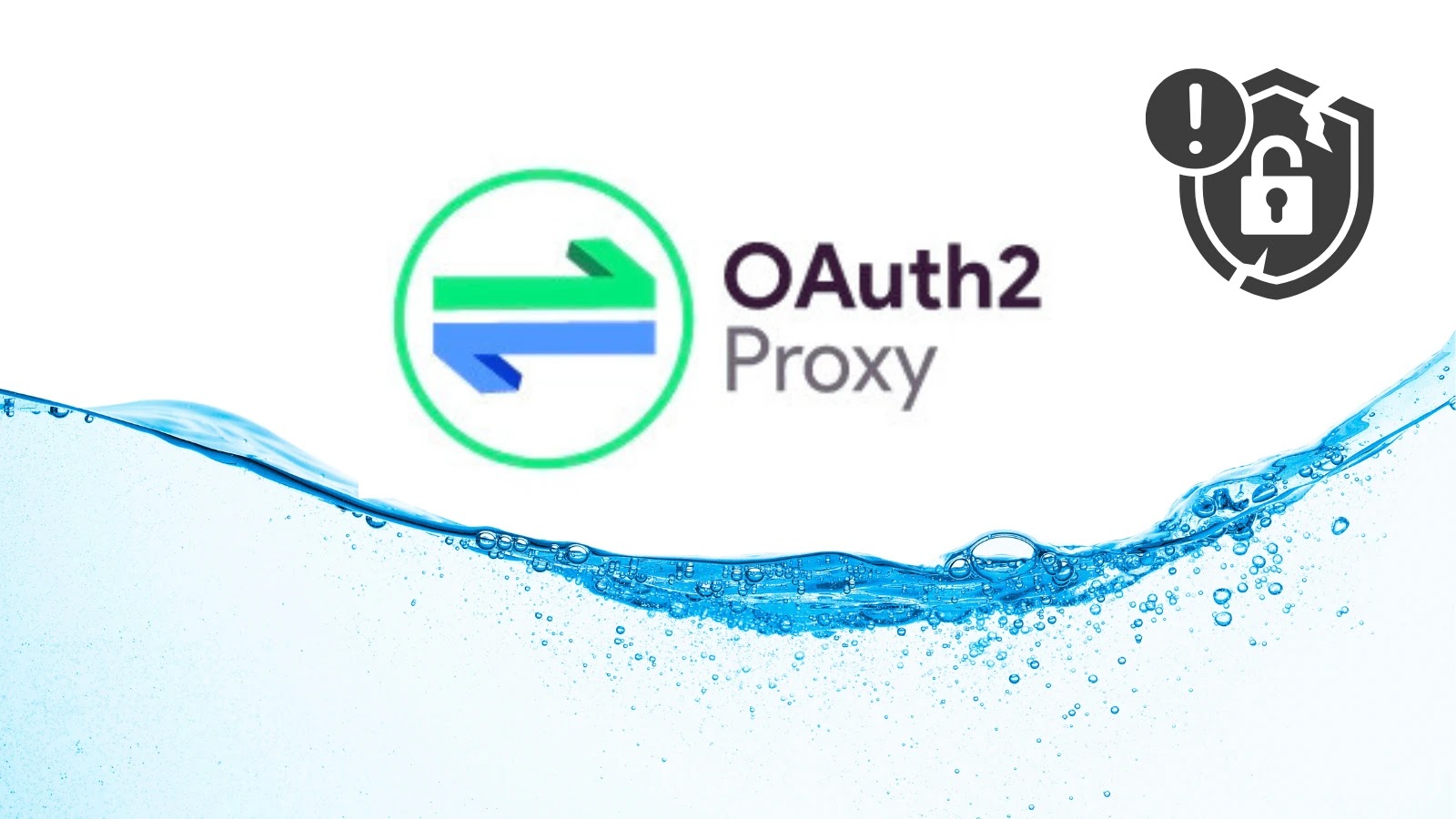Google has introduced CodeMender, a new artificial intelligence-powered agent that automatically enhances software security by identifying and fixing vulnerabilities.
This initiative addresses the growing gap between the rapid, AI-assisted discovery of security flaws and the time-consuming manual effort required to patch them.
Leveraging advanced AI, CodeMender not only reacts to new threats but also proactively rewrites existing code to eliminate entire classes of vulnerabilities.
In its initial six months, the project has already contributed 72 security fixes to various open-source projects, some with codebases as large as 4.5 million lines.
The development comes as AI tools like Google’s own Big Sleep and OSS-Fuzz accelerate the discovery of zero-day vulnerabilities, creating a volume of fixes that is becoming difficult for human developers to manage alone.
AI Agent CodeMender
CodeMender operates as an autonomous agent powered by Google’s Gemini Deep Think models. It is equipped with a suite of sophisticated tools that allow it to reason about software, debug complex issues, and validate its own changes.
This ensures that any proposed patch is correct and does not introduce new problems or regressions. The agent’s comprehensive approach combines reactive patching of new vulnerabilities with proactive rewriting of code to adopt more secure practices.
To identify the true origin of a security flaw, CodeMender employs advanced program analysis techniques, including static and dynamic analysis, fuzzing, and differential testing.
For instance, in one case involving a heap buffer overflow crash, the agent looked beyond the immediate error and identified the root cause as an incorrect stack management of XML elements during parsing.
It then devised an effective patch. The system also uses specialized multi-agent systems, including an LLM-based critique tool that analyzes code modifications to prevent regressions and enables the agent to self-correct.
Beyond fixing individual bugs, CodeMender is designed to proactively harden codebases against future attacks. In one significant application, the agent was deployed to the widely used libwebp image compression library.
It systematically applied -fbounds-safety annotations, a security feature that adds bounds checks to code. According to Google, this single measure would have rendered the notorious libwebp vulnerability (CVE-2023-4863), which was used in a zero-click iOS exploit, unexploitable.
While the early results are promising, Google is proceeding with caution, ensuring every AI-generated patch is reviewed by human researchers before being submitted.
The company is gradually increasing its outreach to maintainers of critical open-source projects to offer CodeMender-generated patches and gather feedback.
The ultimate goal is to refine the system and release it as a public tool for all software developers. This marks a significant step in utilizing AI to enhance software security for everyone. Google plans to share more details in technical papers and reports in the coming months.
Cyber Awareness Month Offer: Upskill With 100+ Premium Cybersecurity Courses From EHA's Diamond Membership: Join Today




